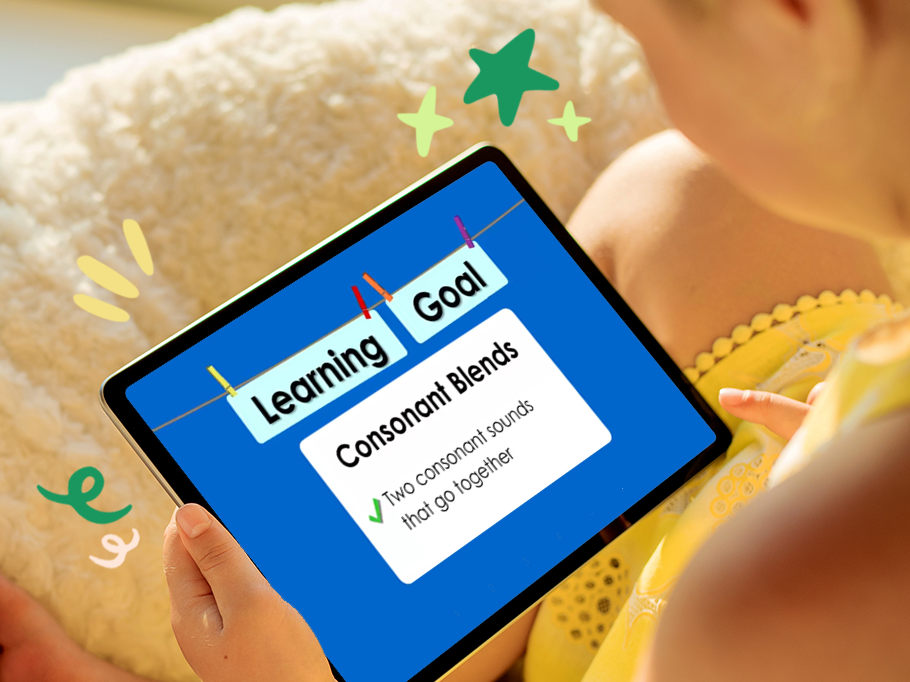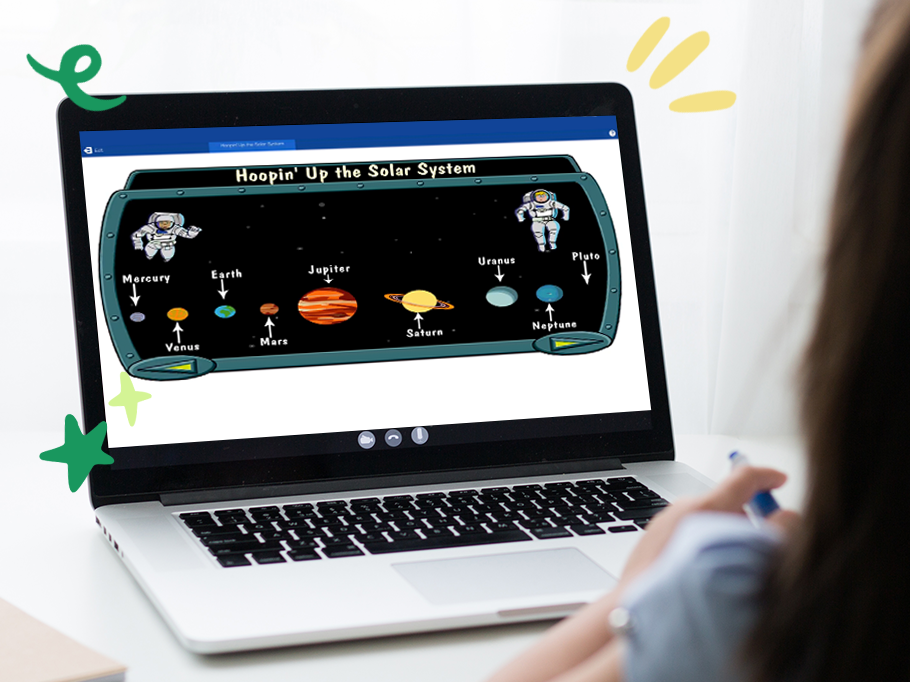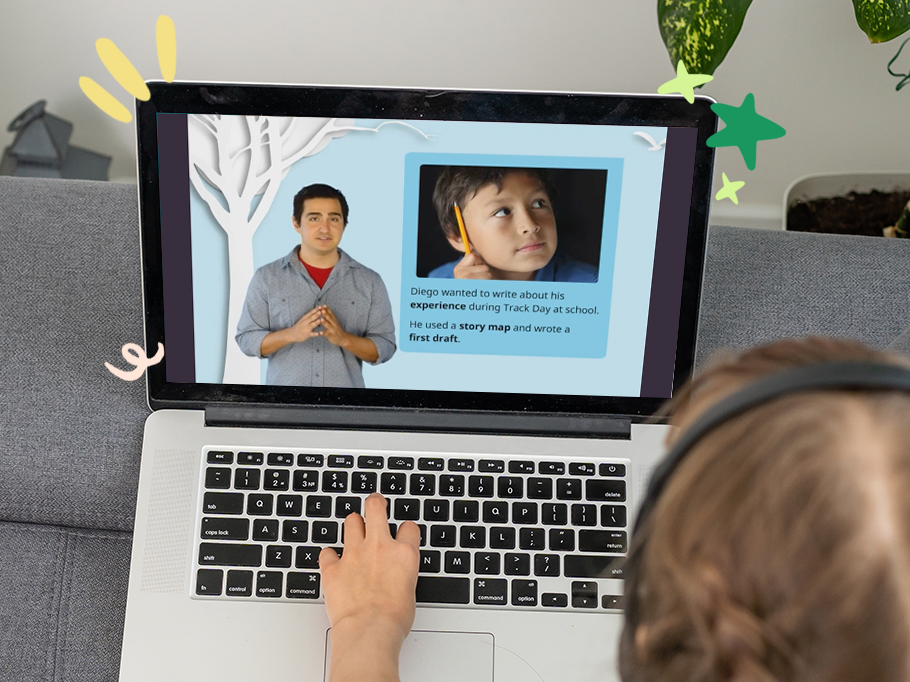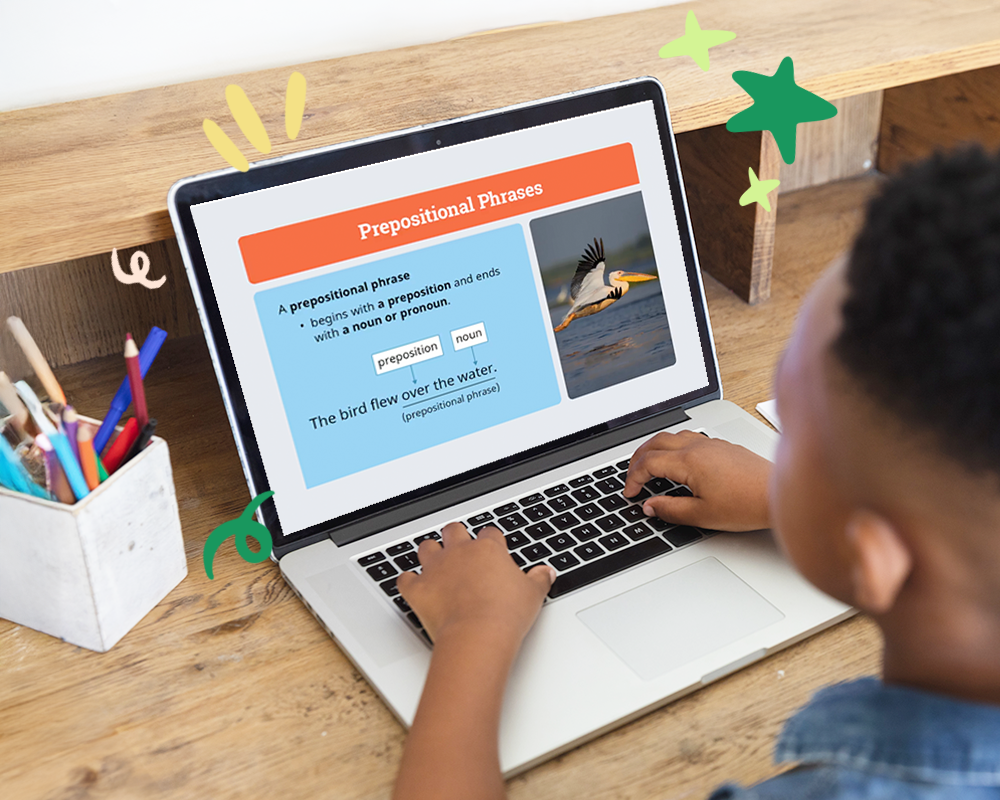How to Homeschool in Maryland

Get Started Homeschooling in Maryland
To start homeschooling in Maryland, you’ll first need to understand more about the legal requirements and options.

Maryland Homeschooling Laws and Options
We have done our best to ensure the accuracy of this information, however it should not be interpreted as legal advice. It is your responsibility to interpret and understand the laws that you will be homeschooling under.
How to get started with Time4Learning in Maryland
How to get started
with
Time4Learning in Maryland
Time4Learning provides a flexible and comprehensive homeschooling solution for Maryland families, covering students from Pre-K through high school. Here's how easy it is to meet Maryland's homeschooling requirements using Time4Learning:


Graduation Requirements in Maryland

Maryland's Standardized Test Requirements

Applying to college in Maryland as a homeschooler


















